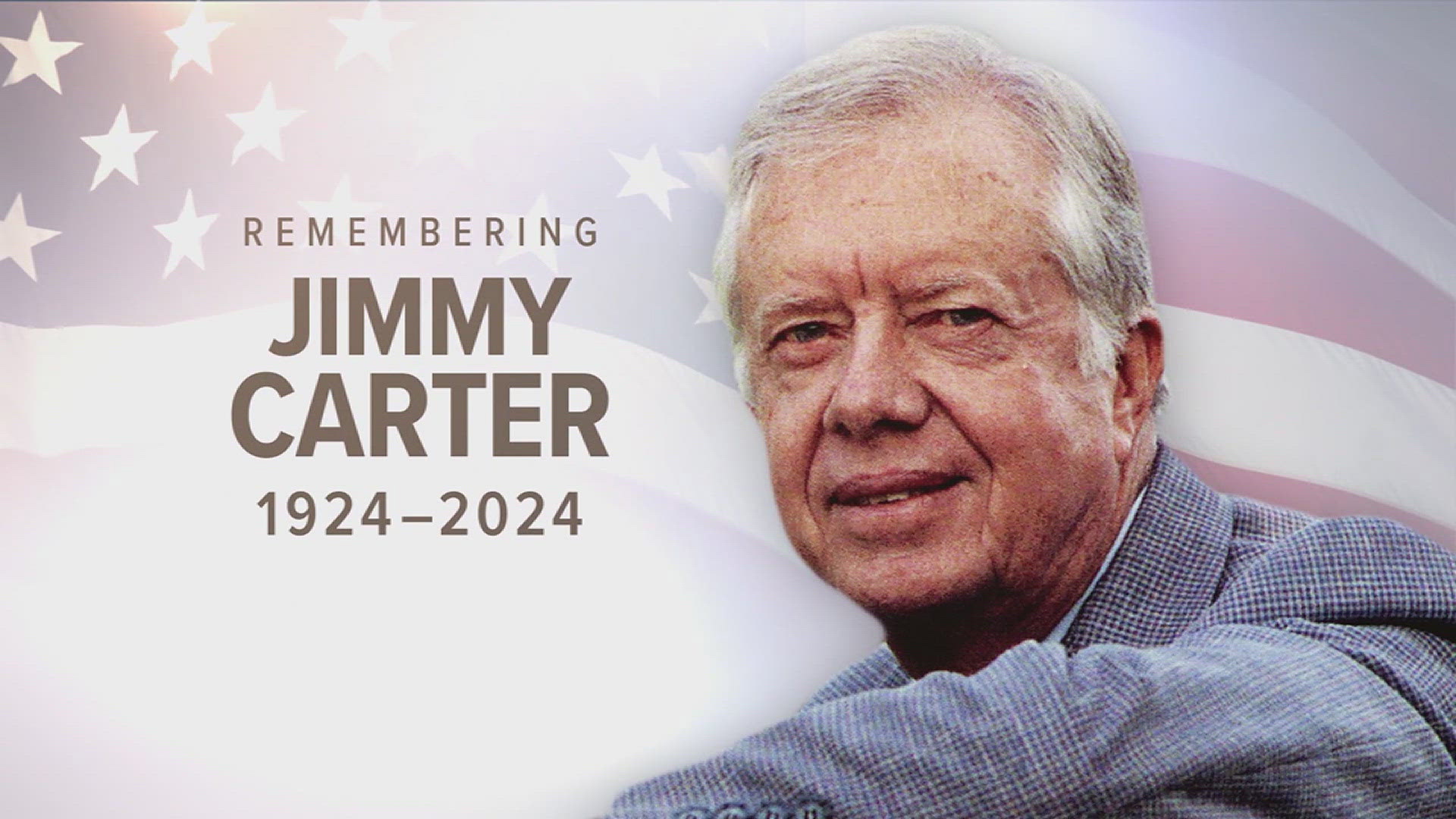(Akiit.com) The results are in.
They will not be official until the Electors convene on December 17th and prepare their Certificates of Votes, but for all intents and purposes President Barack Obama has won his second term by defeating Mitt Romney 303 electoral votes to 206 and the popular vote 50% to 48%.
Now what? When you look at the electoral map of red states and blue states it becomes fairly obvious the country has politically re-segregated itself with a solid Republican South –except Virginia and Florida– and this re-segregation falls along racial lines.
Many White voters are voting their sentiments instead of their interests. As Tim Wise writes in Between Barack and a Hard Place, Obama’s success is meaningful but “the larger systemic and institutional realities of life in America suggest the ongoing salience of a deep-seated cultural malady-racism-which has been neither eradicated nor even substantially diminished by Obama’s victory.”
In the wake of this recent victory and with the new political capital that has been generated, the African American community must move away from the politics of personality –just being grateful that there’s an African American family in the White House– and mature into a politics of policy outcome. The time for deference and timidity has passed.
The collective efforts should be on targeted policies focusing on housing, education, unemployment, health disparities, and incarceration.
Dr. Boyce Watkins wrote a very insightful piece entitled 3 Things Obama Must Address for Black People. In which he correctly highlighted that the collective African American community and Obama administration has been too politically polite; too deferential regarding White sensitivity towards race.
With the second term in hand the African American community must present legislation through its representatives in the CBC that target its concerns and demand that President Obama use his bully pulpit to speak to these issues as he has with same-sex marriage and The Dream Act. The African American community must stay engaged in the process as a political interest group and hold its elected officials accountable for delivering the policy outputs that it sent them there to deliver.
This will not be easy. As Dr. Ronald Walters highlights in his piece, Barack Obama and the Politics of Blackness, the Obama campaign emerged from the center of American politics “and the structural requirements of fund raising and the interests projected by White voters.” Walters contrasts President Obama with other Black presidential candidates who have not faced that problem or seeming contradiction because they, “emerged from the Black community at the margins of the American electorate.” The community cannot allow the de-racialized politics of the Obama administration and the Mayor Corey Booker’s of the world to become its politics. The community must control the politics of its representatives not allow the representatives to control the politics of the community.
The questions should not be what should President Obama do for Black America but what will Black America do for itself politically and when? How does Black America develop the political power, will, and leverage to implement substantive change thereby, dictating an agenda instead of as Watkins writes, sitting “quietly on the sidelines, hoping that if we are silent enough, people won’t realize that Obama is black like the rest of us”?
The community has a second term, now what?
Written By Dr. Wilmer J. Leon III









Leave a Reply